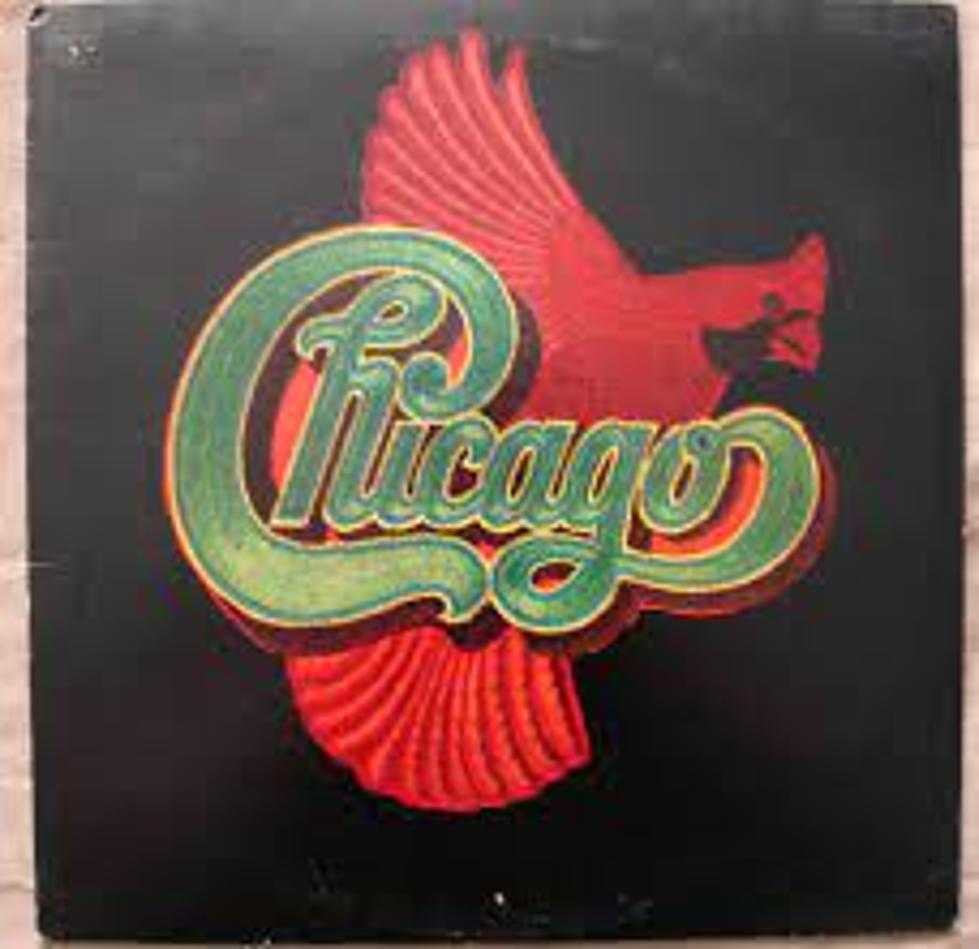
Jonathan Cain on Meeting Journey: ‘They Had It Down': Exclusive Interview
Jonathan Cain has done a lot of living during a career as a singer, songwriter and keyboardist that spans more than four decades, including stints as a member of the Babys, Bad English and – most notably – Journey. He co-founded Bad English, having hooked up with the Babys and Journey after they'd become well established.
Along the way, Cain collected quite a few stories, and he’s put a number of them into the pages of his just-released memoir, Don't Stop Believin': The Man, the Band and the Song That Inspired Generations. He shares a few more with us, including his first impressions of Journey, the conversation that sparked his new book and what the future holds.
When someone releases a memoir, there’s an obligatory question that has to be asked: What made you decide to write a memoir?
It actually started when I was telling stories on the bus to [Journey bassist] Ross [Valory] — we were bus buddies — and he said, “You know, all these stories are crazy. You need to write a book!” [Laughs.] So, I began writing. There was a little book that kind of pushed me over the edge, one by Stephen King called On Writing. But I was the editor of our high school newspaper, so I always had kind of a passion for writing. And I actually got published in Pollstar when I had ear trauma. I was looking online for something when I was going through this ear-trauma incident, and I thought I’d write something down and have it posted so that anybody who was in my situation could understand what to expect with something like that, because it was scary!
But when I sat down to write the book, I think I must’ve written the first chapter 10 times. [Laughs.] It really wasn’t until the Rock and Roll Hall of Fame that I suddenly had an idea of what the book should look like. I found it really challenging. I had an editor who helped me get a lot of pieces out of there — it was originally something like 500 pages — but we trimmed it down, and I think it came out pretty good.
Watch Journey's 'Faithfully' Video
With Journey, you were familiar with the band, thanks to having done some shows with them while you were in the Babys, but it had to have been a different sensation to be once again become part of a band that was already in motion.
It was very interesting. I felt like an athlete who kept getting drafted, like a wide receiver who goes from one thing to the next. It was interesting the contrast, with one band being in debt and having a bad management past and trying to pick up the pieces, and then seeing the other side of the tracks – where everything was run like clockwork and was completely in the black. With Journey, they did it all the right way. [Former Journey manager] Herbie [Herbert] had been through all facets of production, from being Neal [Schon]'s roadie to doing sound and lights and then management. They had it down. They had it together. I mean, they started out in station wagons! I just loved the grass-roots thing that they put together. They were a hippie fusion band, and then [Steve] Perry came along and helped them architect something a little bit more commercial. They were always great players, but Steve had a knack, and then Robert Fleischman comes in and pens two of the classic Journey songs. You put something up that looks like that, and then you go, “Well, let’s keep doing that!”
If you hear the original version of “Wheel in the Sky” that Robert had sung, and then you hear what Steve did with it in the studio, you knew that they were onto something. Steve just took that to the next level. And then when I joined, they wanted me to help them architect yet another sound. They were kind of tired of their old sound, and they were, like, “Been there, done that, let’s move on.” So, I gladly put my piano into the mix. I felt like, “Why not?” It was a mutual admiration society. I had no idea I was being checked out and scrutinized, but I remember seeing them [when the Babys opened for Journey]. I’d do a little piano solo, and they’d be there watching me. And we’d jam some nights when we were on tour. We’d go out to some rock 'n' roll bar and we’d get up and jam. The next thing I know, Steve’s playing drums and Neal and I are jamming to “Mustang Sally,” and John Waite’s singing lead. It was crazy! Or “Hold On, I’m Coming,” and they’re trading off lead vocals – John Waite and Steve Perry. It was impossibly cool. So, we had kind of already broken bread. But when you get that phone call? “Uh, wow. Sure, okay. I’m in!”
Check Out Journey's Video Game
Which would you say is the more definitively ‘80s moment: Journey contributing to the Tron soundtrack, or Journey getting their own video game?
It’s got to be the video game, right? [Laughs.] I mean, that’s a total milestone. The Tron thing was fun, but I don’t understand why we ended up being background music. They could’ve at least blasted us for half a minute. But we went to see the movie, and we were underwhelmed. We were, like, “Why are you burying us? That could’ve been anyone!”
Where do things stand with Journey at this point? Will there be another album anytime soon?
I don’t know. We kick around the idea. We’ll see. We’ll see how it goes out there. They cost a lot to make, you know? I certainly won’t say there won’t be another one. I think we will do another one when the time’s right. I’ve been writing a lot of worship music, but I’ve started writing other songs again, so – yeah, I feel like we could do another album. If it’s the right time and the right place, I think we could have a go at it. Why not?
The Guardian recently ran a piece which suggested that changes in the lineup of a band don’t really matter. Are you surprised that Journey has managed to survive so many such changes over the years?
I am, and I feel like we’ve dodged a lot of bullets. I’m grateful, and I give all credit to the songs and to the fans. You’ve got to have great songs, and you’ve got to have the fans that’ll stand by you. And, boy, they sure have been loyal. That’s why we’re in the Rock and Roll Hall of Fame!
See Neal Schon Among Rock’s Forgotten Supergroups
Journey Albums Ranked
More From 94.9 WMMQ










